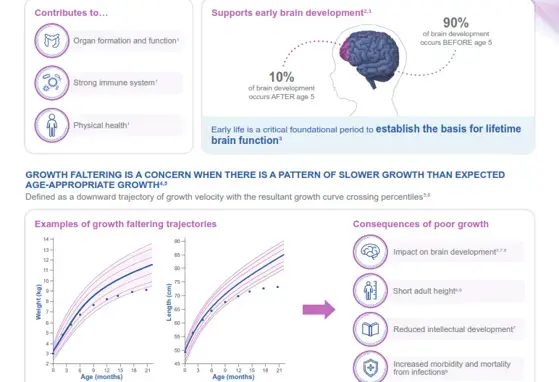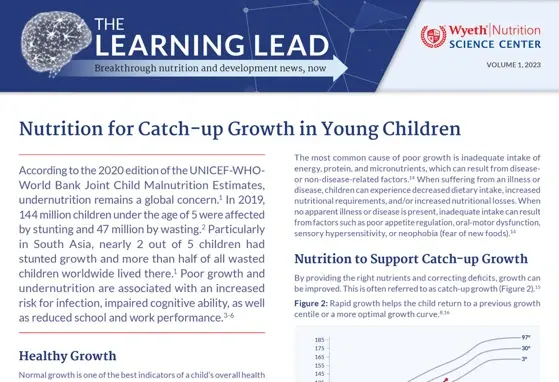[Literature Library] Risk factors for preterm birth
![[Literature Library] Risk factors for preterm birth](/sites/default/files/styles/header_image_article_mobile/public/2021-08/016_Baby%27s-feet-opt.jpg.webp?itok=1h9giLgK)
Preterm birth (<37 weeks of gestation) is a major cause of perinatal morbidity and mortality. A population-based retrospective cohort study analyzing 334,415 deliveries has examined the influences of various risk factors for extremely preterm birth (24-28 weeks of gestation) and if these changed between different sub-populations with known risk factors.
- Strongest risk factors for extremely preterm birth were:
- Placental abruption (OR = 20.606, 95%CI 17.006-24.969, p < 0.001)
- Multi-gestations (OR = 7.714, 95%CI 6.581-9.042, p < 0.001)
- Placenta previa (OR = 5.884, 95%CI 4.149-8.344, p < 0.001)
- Risk factors for singleton extremely preterm birth included:
- Placental abruption (OR = 24.619, 95%CI 20.063-30.210, p < 0.001)
- Placenta previa (OR = 5.845, 95%CI 4.022-8.945, p < 0.001))
- Previous preterm birth (OR = 2.305, 95%CI 1.980-2.784, p < 0.001)
- Nulliparity (OR = 2.226, 95%CI 1.902-2.605, p < 0.001)
- Lack of prenatal care (OR = 2.136, 95%CI 1.772-2.574, p < 0.001)
- Among all groups, placental abruption was the strongest risk factor for extremely preterm birth whereas no significant difference on risk factors between sub-populations was observed
Link to publication:
https://www.mdpi.com/2077-0383/10/11/2279/htm
Reference
Kluwgant D et al. Preterm Delivery; Who Is at Risk? J Clin Med. 2021;10(11):2279.
Other articles that you might be interested in:
If you liked this post you may also like



[Science Update] Relationship between metabolites modulated by HMOs and reduced risk of LRTIs

[Science Update] Early-life gut ecology and reduced risk for reported LRTI